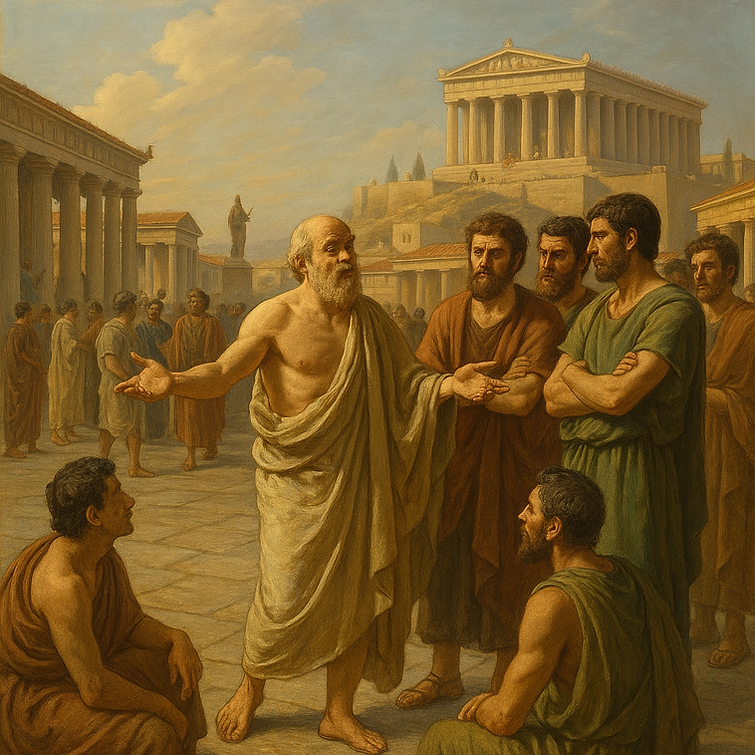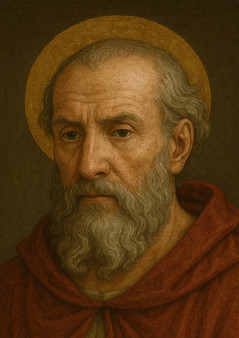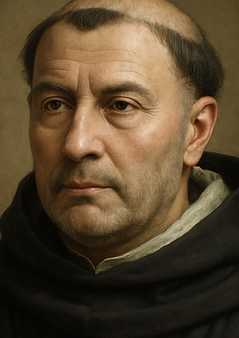
Experience the world of philosophy


Join us on a journey through the realm of philosophy. Explore life's big questions and discover the wisdom of great philosophers through our interactive timeline.
Epicurus
(c. 341–270 BC)
Epicurus (c. 341–270 BC) was a Greek philosopher who founded Epicureanism, a philosophical movement that placed pleasure (hedoné) and the absence of pain as the highest good in life. But this was not an empty or superficial desire for pleasure – on the contrary, he emphasized inner peace (ataraxia) and physical well-being (aponia) as the most important.

Sextus Empiricus
(160–210 AD)
Sextus Empiricus was a Greek philosopher and physician, known as a central figure in ancient skepticism. He represented the Pyrrhonian school of thought, which argued that certain knowledge is impossible to achieve, and that the path to peace of mind (ataraxia) lay in refraining from judging things about which one cannot have certain insight.

Augustine
(354–430 AD),
Augustine, also known as Augustine of Hippo, was one of the most influential thinkers in Christian philosophy and theology. He lived in North Africa and was bishop of the city of Hippo. In his works, he combined Christian faith with classical philosophy, particularly influenced by Plato and Neoplatonism.

Thomas Aquinas
(1225–1274 AD)
Thomas Aquinas was a Dominican friar, theologian, and philosopher from Italy, widely regarded as one of the most influential thinkers in the Western tradition.
His most famous work, Summa Theologica, addresses questions of God, ethics, law, and the nature of human beings.







%20.png)
%20.png)







%20.png)



%20.png)
%20.png)
%20.png)
%20.png)
%20.png)
.png)
%20.png)
.png)
%20.png)

%20.png)

